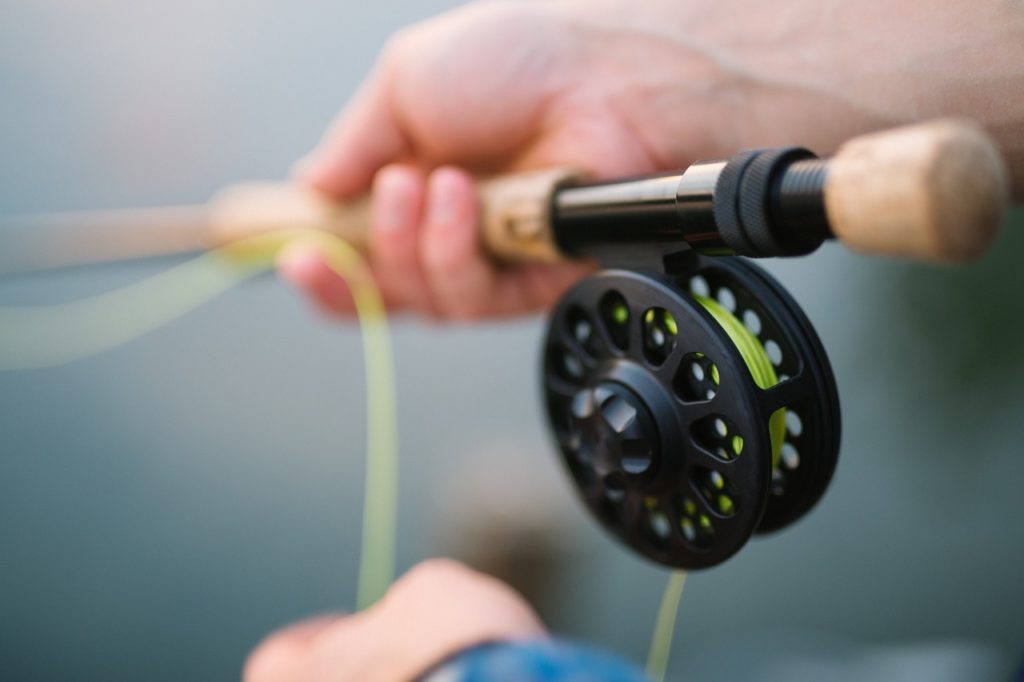
Fishing 101: Does Weight on the Fishing Rods Matter?
Whether you are a beginner or a pro at fishing, the rod you use can be crucial in determining the quality of your fishing experience. However, buying a fishing rod involves more than just walking into a shop and picking one. You need to choose a fish rod that will help you attract fish instead of scaring them away. Therefore, the wrong rod can affect your ability to catch fish. This article discusses whether fishing rod weight has any effect on the fishing experience. Explore below for more. Furthermore, if you’re looking for fishing gears and accessories, click here. You’ll find everything you need to get started, including rods, reels, line, lures, and more!
Long and Short Fishing Rods
Fishing rods range in length from 4 to 14 feet from the butt to tip. The distance that a rod can cast depends on its length, so shorter ones throw shorter distances and vice versa. However, there are some advantages to using shorter rods. They are great for fishing in close combat and bend and stretch less, which is useful when fishing for big fish and species such as walleye. Longer rods cast a greater distance and cover more waters compared to shorter baits. Kayak anglers also prefer these fishing rods because of space. Bass and saltwater anglers prefer longer fishing rods.
What Does Lure, Rod, and Line Weight Mean?
Line weight designates the breaking strength of the line to be paired with a reel that is adjusted. An eight to 12-pound reel should be able to handle a fish with reasonable drag without breaking. Line weight does not necessarily mean the weight of fish caught because that will depend on the strength of the fish and the current. Line weight can also denote the best possible distance and accuracy that can be achieved while the rod bends effectively.
Rod weight denotes the strength of it. You must use the right line to get the corresponding power from a rod. There are various categories of rod weights, including:
- Ultralight. These rods are suitable for small species of fish such a trout and crappie. Their bendability makes them unsuitable for larger fish.
- Light. These rods can catch species such as trout. There is a wide variety of rods within this range specialized for specific species.
- Medium-light. These are not as common as light rods.
- Medium. These rods are standard in the market because they can handle a variety of fish species.
- Medium-heavy. These rods are best for those looking to fish for larger species.
- Heavy. These rods are efficient when you aim to move big fish.
- Extra heavy. These are used for heavy fishery needs and provide the highest power while still moving a fish.
Despite these different categories, all these rods have their uses. To understand more about rod weights, you can read these helpful reviews. Understanding the best fishing rods in the market puts you in a better position to choose the one that will be best for your needs. This way, you can make the best of your fishing trips and come back after a satisfying fishing experience.
On the other hand, the lure rating denotes the weight that the load can load once it is cast. A light lure results in improper loading and can result in a shorter cast than you would like. A heavy lure, the rod will still not load correctly and will lead to a slow cast. The proper lure weight means an appropriate load and optimal casting.

The Significance of Fishing Rod Weight
Fishing rod weight is a term that denotes the rod’s actual weight; all things held constant. The one you choose depends on the lure weight and the size of the fish you will be catching. For instance, a lighter rod cannot be used with a heavy lure or to catch massive fish.
Heavy rods handle heavy lures and are more substantial compared to the lighter range fishing rods. This means that a massive rod will be more burdensome for you and, thus, is tiring to use. A light rod can be instrumental in helping you flip baits for a long time while more massive rods will move fish out of cover.
A more massive rod also handles heavier lines than lighter rods. Thus rod weight also determines optimal line strength. Lighter rods work better with lighter liners and will produce slow rod action. Deliberate rod action means that it will be challenging to get a good hookset as the force applied does not directly impact the fish.
For mojo-rigging, fast action rods are preferred as the fisherman wants the fish to load the rod, and the hook is set later. Texas-rigging, on the other hand, requires extra-fast tip rods as these are sensitive. Steelhead fishers prefer slow action rods.
The rod that you chose when going fishing is essential. The weight of the rod is significant because it correlates with other characteristics such as line and lure weight and can determine the kind of fish you can catch efficiently when you are out in the water.











